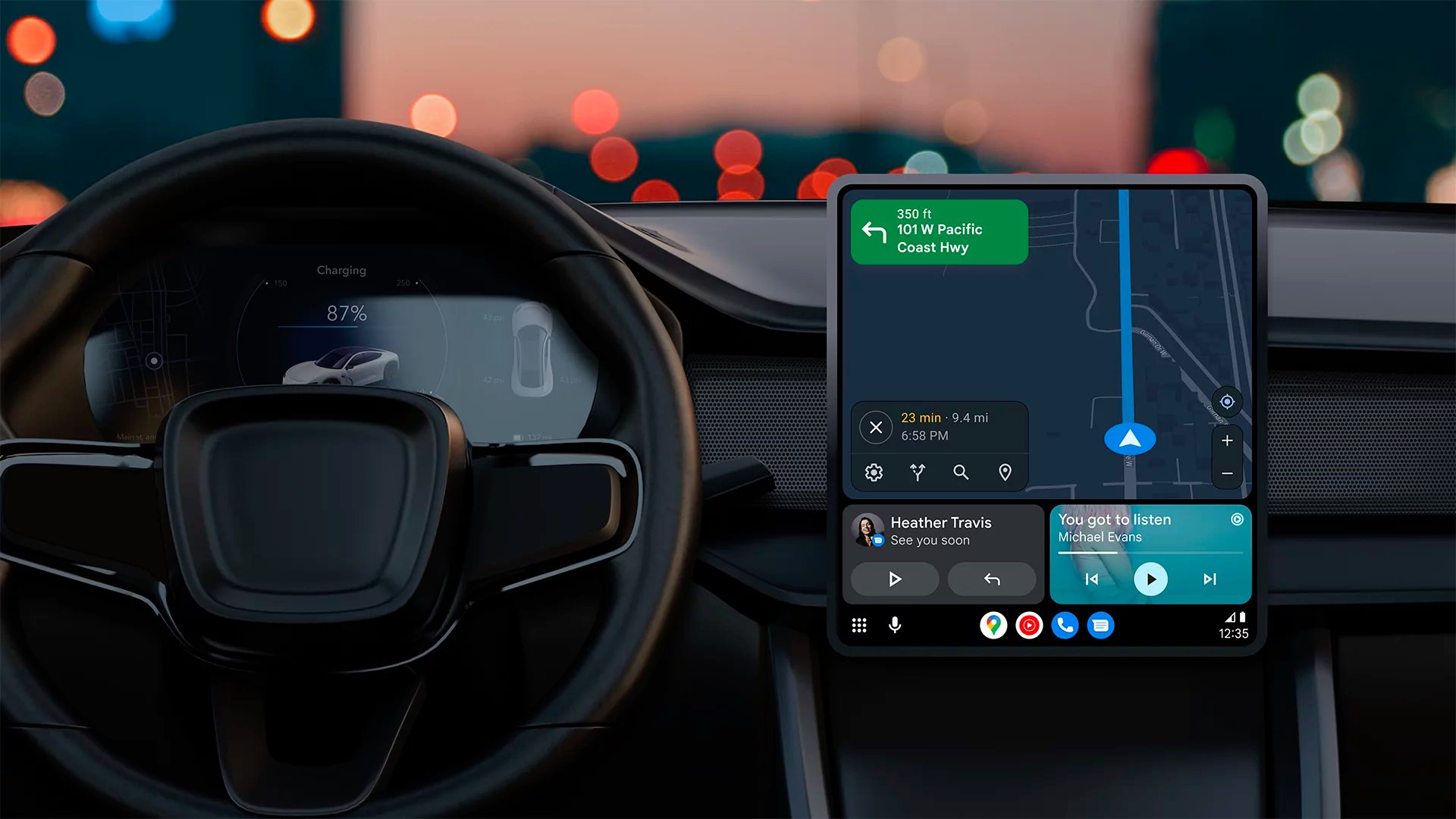GM responds to CarPlay backlash, says it’s just not good enough
GM says that wireless problems are making drivers pick up their phones and take their eyes off the road


Earlier this year we reported that GM was ditching both Android Auto and Apple CarPlay in future electric vehicles, a decision that it's fair to say wasn't greeted with universal joy. At the time GM said that it didn't want to make in-car systems that required you to have a phone, but the firm has now been more vocal about the two tech giants' in-car systems. The short version: neither one is good enough.
According to Motortrend, the official explanation at the time was "poorly communicated" and didn't really explain why GM was ditching the platforms not just for EVs, but for all vehicles. So Motortrend had a chat with GM's head of product for infotainment, Tim Babbitt, who said that there is one crucial issue that made the decision inevitable: safety.
What GM says is wrong with CarPlay and Android Auto
Babbitt listed multiple issues that he says simply aren't good enough. There are stability issues with both platforms that cause bad connections, poor rendering, dropped connections and slow responses. And those issues have a direct effect on vehicle safety because when something goes wrong with the in-car infotainment, drivers pick up their phones and take their eyes off the road.
Babbitt does admit that the problems are largely wireless ones – he said that the issues are largely absent from wired phone connections – but wired ones still aren't trouble-free: both Android and iPhone have compatibility issues, Android because of the sheer range of phones and Apple with older iPhones.
Of course, there's an element of "well, GM would say that, wouldn't they" here: GM has its own platform, Ultifi, which uses multiple Google apps and Google Assistant on its own system. But even if the niggles were solved, there's a wider battle between GM and the tech firms and it's over data: who controls it, who owns it and who can sell it to third parties. And in the long term, there are also potential revenues from in-car apps such as paying for fuel or charging or drive-through food. According to Motortrend, GM alone expects such apps to bring in up to $25 billion a year by 2030. There's clearly a lot of money to be made from in-car apps, and GM would very much like to be the company that makes it.
Get all the latest news, reviews, deals and buying guides on gorgeous tech, home and active products from the T3 experts
Writer, musician and broadcaster Carrie Marshall has been covering technology since 1998 and is particularly interested in how tech can help us live our best lives. Her CV is a who’s who of magazines, newspapers, websites and radio programmes ranging from T3, Techradar and MacFormat to the BBC, Sunday Post and People’s Friend. Carrie has written more than a dozen books, ghost-wrote two more and co-wrote seven more books and a Radio 2 documentary series; her memoir, Carrie Kills A Man, was shortlisted for the British Book Awards. When she’s not scribbling, Carrie is the singer in Glaswegian rock band Unquiet Mind (unquietmindmusic).
